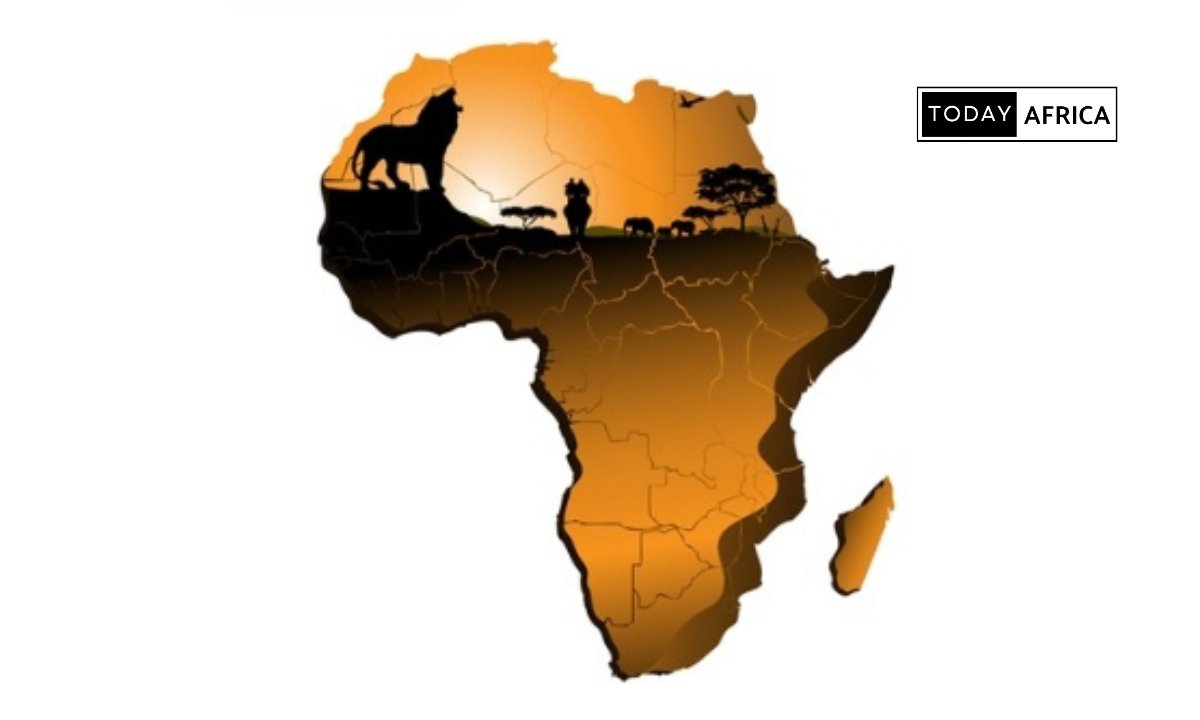Kenya’s financial space is undergoing a significant transformation as M-Pesa integrates with PesaLink, facilitating real-time interbank transactions.
This strategic move enhances interoperability within the nation’s financial ecosystem, enabling seamless transactions across diverse financial platforms. By aligning with M-Pesa, PesaLink is poised to expand its user base substantially, leveraging M-Pesa’s extensive customer network.
This initiative, jointly proposed by Safaricom and the Kenya Bankers Association (KBA) to the Central Bank of Kenya (CBK), aims to incorporate M-Pesa, Kenya’s leading mobile money service, into the national interbank payment system, PesaLink.
Managed by the KBA, PesaLink connects 39 banks nationwide and was established to streamline interbank transfers. Despite its infrastructure, PesaLink has faced challenges competing with M-Pesa, which dominated Kenya’s mobile money market with a 96.5% share as of 2023.
The integration allows PesaLink to tap into M-Pesa’s extensive customer base, significantly boosting its transaction volumes and market presence. This partnership enables PesaLink to leverage M-Pesa’s popularity to bridge the gap between traditional banking services and mobile money.
By linking the two systems, PesaLink is poised to offer users faster, more reliable ways to move funds across various financial platforms.
Read Also: Eko DisCo sells 60% stake to Transgrid Enerco
However, this collaboration introduces new challenges and opportunities for the Central Bank of Kenya. The CBK has long advocated for structural reforms to improve oversight of the financial sector, including recommendations to separate M-Pesa from its parent company, Safaricom.
What does this new collaboration means?
This new collaboration could add regulatory complexities, as it merges distinct financial ecosystems: mobile money and interbank transfers. The CBK may need to craft new policies to address the operational and compliance challenges arising from this partnership, ensuring consumer protection, security, and fair competition while supporting innovation within the financial sector.
This collaboration is part of a broader strategy to improve digital payment interoperability in Kenya. For instance, Kenya’s government recently announced plans to use M-Pesa Paybills and Till numbers as virtual Electronic Tax Registers (ETRs) by December 2024.
This initiative aims to increase tax compliance and streamline revenue collection by leveraging Kenya’s extensive digital payment infrastructure.
For consumers, the integration is a significant step forward. It simplifies transactions between mobile wallets and bank accounts, eliminating traditional barriers such as high fees and delays. This ease of use is expected to attract more people into the formal financial system, further advancing financial inclusion in Kenya.
On a broader scale, the partnership sets a new benchmark for collaboration in the financial sector. It may encourage other players in Kenya and across Africa to explore similar initiatives, fostering a more unified and competitive market.
The M-Pesa and PesaLink integration is more than a partnership—it’s a milestone in Kenya’s journey toward a fully interoperable financial ecosystem.
It highlights the potential of collaboration between mobile money operators and traditional financial institutions, offering lessons for other emerging markets.
As PesaLink grows and M-Pesa cements its dominance, the Central Bank of Kenya will be central to ensuring this evolution benefits consumers, businesses, and the broader economy.
Comment and follow us on social media for more tips:
- Facebook: Today Africa
- Instagram: Today Africa
- Twitter: Today Africa
- LinkedIn: Today Africa
- YouTube: Today Africa Studio
















